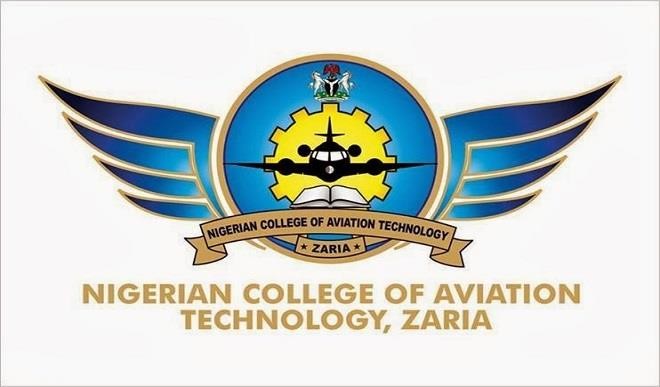Aviation college clears air on capacity constraints
The Nigeria College of Aviation Technology (NCAT) has explained that its purported lack of “capacity” to train 100 air traffic cadets on queue published by the Daily Trust may not be entirely factual; but, to a great extent speaks to the challenges confronting NCAT and NAMA in producing ATCs for the industry. NCAT in a […]

The Nigeria College of Aviation Technology (NCAT) has explained that its purported lack of “capacity” to train 100 air traffic cadets on queue published by the Daily Trust may not be entirely factual; but, to a great extent speaks to the challenges confronting NCAT and NAMA in producing ATCs for the industry.
NCAT in a response signed by Mr Chieke Amadi, Chief Information Officer/Head of Information Unit, stated that NCAT is indeed leaving no stone unturned in fulfilling its mandate as a capacity building feeder house for the industry.
He noted that the college is faced with numerous constraining factors which border on issues of safety and security clearance for the trainees.
He said the college must at all times do due diligence in maintaining its International Civil Aviation Organisation (ICAO) recognised status as a regional training centre of excellence.
Residents abandon houses, farms as strange insects threaten Ondo community
Police parade 13 over kidnapping, robbery in Benue
Amadi pointed out that its desire to meeting the resource gaps for Air Traffic Controllers must not detract from its established standards nor compromise safety and security just to meet a resource need.
He said the college is procuring the latest training equipment and also engaging more instructional resource personnel.
According to him: “The air traffic controller cadets at some point in their training, do at least 10 hours of flying time with the flying school. This requires availability of more training aircraft, flight instructors and allocation of an already saturated flying time in the flying school.
“The present training capacity for ATC in NCAT is put at an abysmal maximum number of 40 ATCs per year. The reasons for these limitations range from the limited number of accommodations for students.”
He disclosed that the almost concluded acquisition of Zaria hotel may come handy in addressing this need.
He maintained that the poor remuneration of staff in NCAT creates a disincentive for getting more ATC instructors into the college’s employ.
Amadi, however, observed that the present availability of trained and experienced ATC instructors in NCAT was even threatened by other service providers constantly poaching them with higher salary motivations.
He stressed that the college is in dire need of upgrading its ATC Radar Simulator.
There is a need to procure modular (standalone) 3D Tower Simulators to be able to train three trainees in every one hour rather than the present one (1) trainee in every hour, he said.
Amadi disclosed further that the minister has directed a prioritization of the college’s budgetary needs to accommodate all necessary items.
He said the college is taking advantage of this directive to accommodate procurements that will benefit the ATS/Com School.
Amadi explained further that as a stop-gap measure, NCAT is collaborating with NAMA for the release of its experienced Air Traffic resource personnel as occasional ATC Instructors.
He added that the supervising Ministry of Aviation and Aerospace Development is also helping NCAT recover the huge debts owed it within the industry and also exploring other fiscal opportunities in acquiring needed infrastructure, equipment and to gain adequate human capacities.
